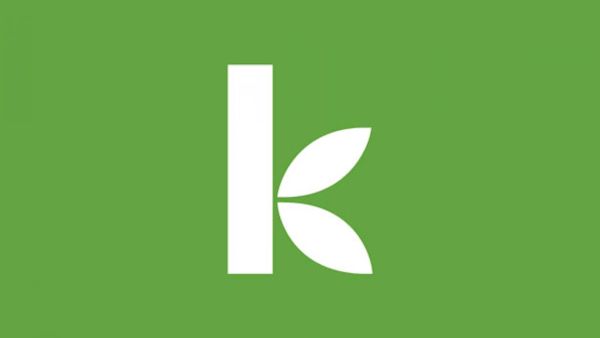
TANZANIA. Last week, I was given the opportunity to train BRAC Tanzania staff on Kiva in Kibiti, which is located about 150 km outside of Dar es Salaam. Riding from the noisy, congested (yet still completely lovable) city to the luscious green countryside brought refreshment to my senses.
Kibiti is a small agricultural town on the way to one of the famous game parks in Tanzania, thus making it a popular stopping point for people passing through. The center of town is the highway, and life for its residents seems to revolve around what the highway brings and takes away.
The town has no electricity, although electric lines run right through the town toward another destination. I asked someone why Kibiti wasn’t receiving any electricity from the lines, but the only answer I was given is that the government is still working on it. As a result of the lack of electricity (except for generator usage), the stars that night were indescribable.
I, along with the two BRAC staff who accompanied me, stayed that one night at the nicest guesthouse in town. A room cost 4,000 Tanzanian Shillings (about $3.50). The guesthouse even had running water and a generator which I was told runs after dark for 4 hours each night. I was surprised that night when the generator remained running past the 4 hour mark. Only afterward did I realize that they had kept it running just for me, the foreigner. As soon as the light in my room went off, the generator went off. In the morning, I asked the BRAC staff if it was normal for the generator to be on so late and was told no. I felt guilty because my stay probably cost them more in generator fuel than the $3.50 it had cost for the room. Once again, because of my skin color and Tanzania’s value of gracious hospitality toward foreigners, I was given undeserved privilege.
The town had one main restaurant, where the customers pretty much have to order most items a day in advance. In the town, there were also the typical street cafes, where women sell plates of rice, beans, and stew. The BRAC staff and I sat at one of the street cafés for some after-dinner tea that night and found out that the seller had been one of BRAC’s former clients. Last year, the woman had taken a 100,000 Tsh (about $90) loan from BRAC in order to buy more cups, plates, and food stock for her business. She had been able to pay back the loan, but in the end, it hadn’t benefited her business that much because the demand for her food is so low in the town. She told us that the only way her business survives is by selling a plate of her food at 600 Tsh (about 55 cents) whereas the other places sell at 800 Tsh and above. Each night, she has her regular 12 customers– bachelors living in the town. Her daily profit is 3000 Tsh. She acknowledged that unless she upgrades her café by building a structure and providing seating, she will never be able to attract more customers. Although she has fear about whether or not she would be able to pay back another loan like the last one, she agreed that borrowing smaller loans could potentially help her business move slowly toward her dream. She seemed so happy to talk to us about her struggles and probably thankful that she had exceeded her 12 customer limit for the night. I too was thankful. Her ginger tea was delicious, and I was thankful that that night we were able to become a small part of her amazing story.
/>
PREVIOUS ARTICLE
Shop for Kiva! Nau Warehouse Sale this week in NYC →NEXT ARTICLE
About Group Loans... →













